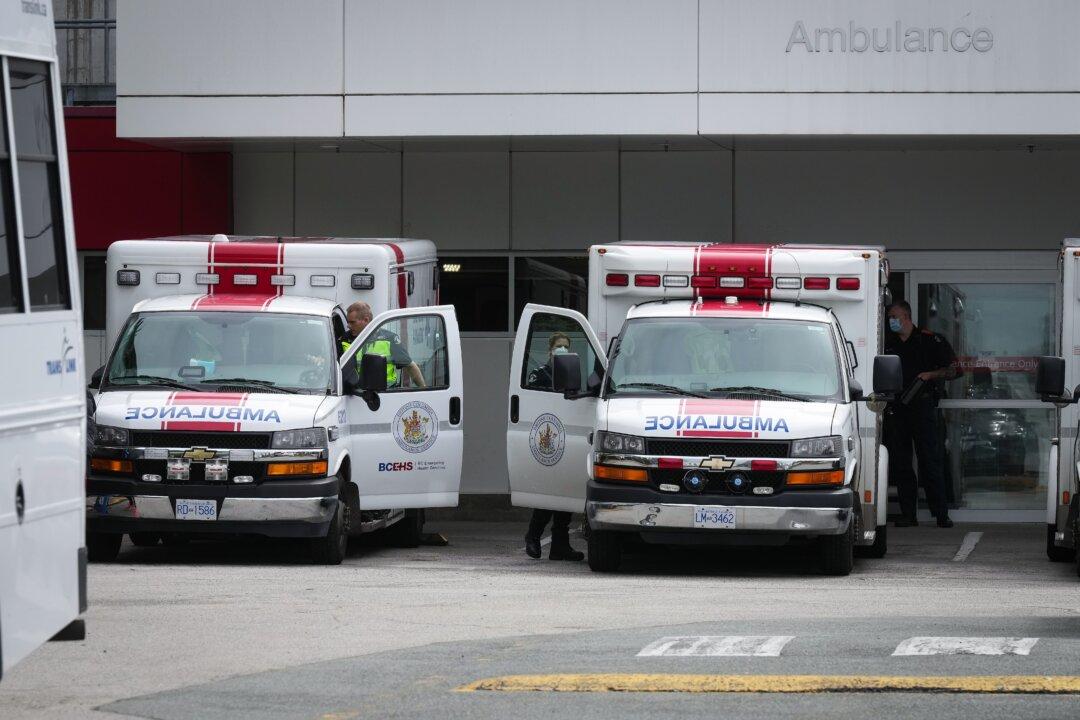Canadians are less confident in their health-care system than Americans are, according to a new study by the Angus Reid Institute.
Published on Sept. 7, the study found that only 37 percent of Canadians were confident they could access urgent care in a timely fashion, compared to 70 percent of Americans, should an emergency happen to them.





